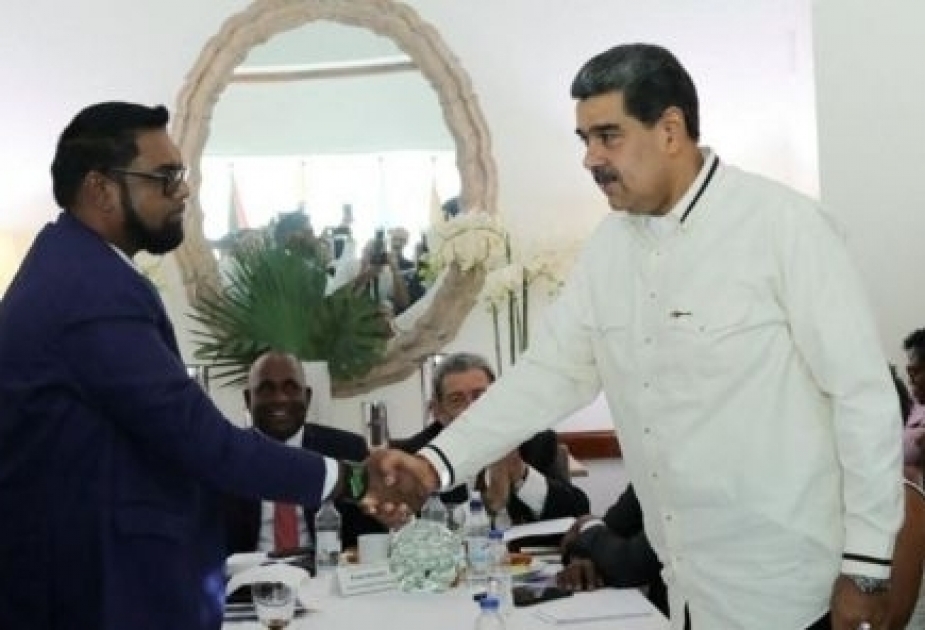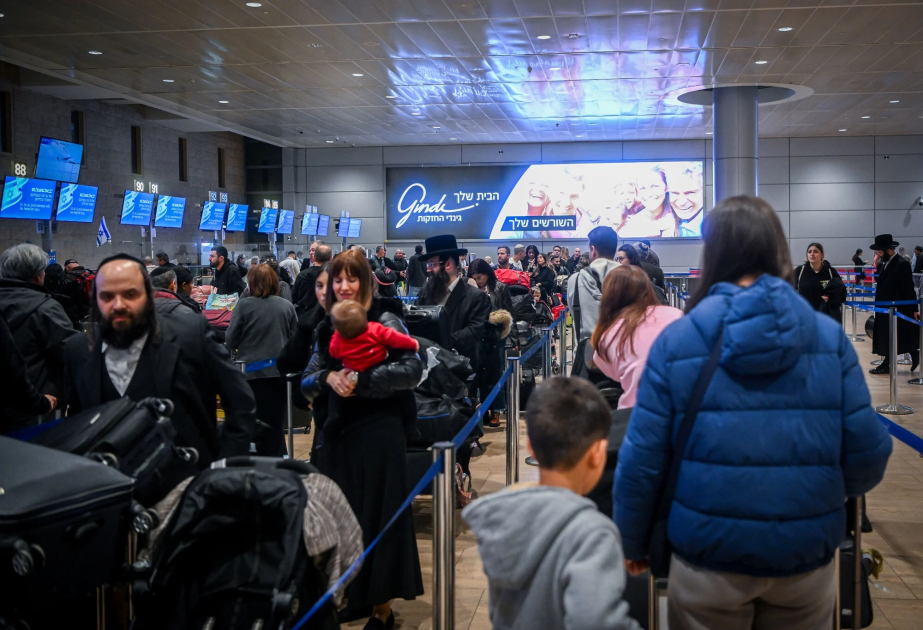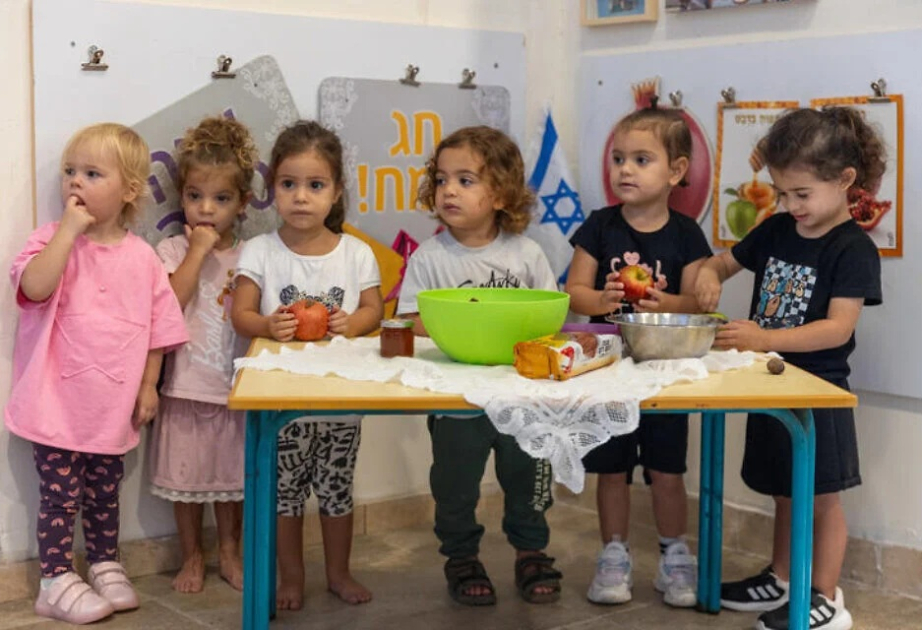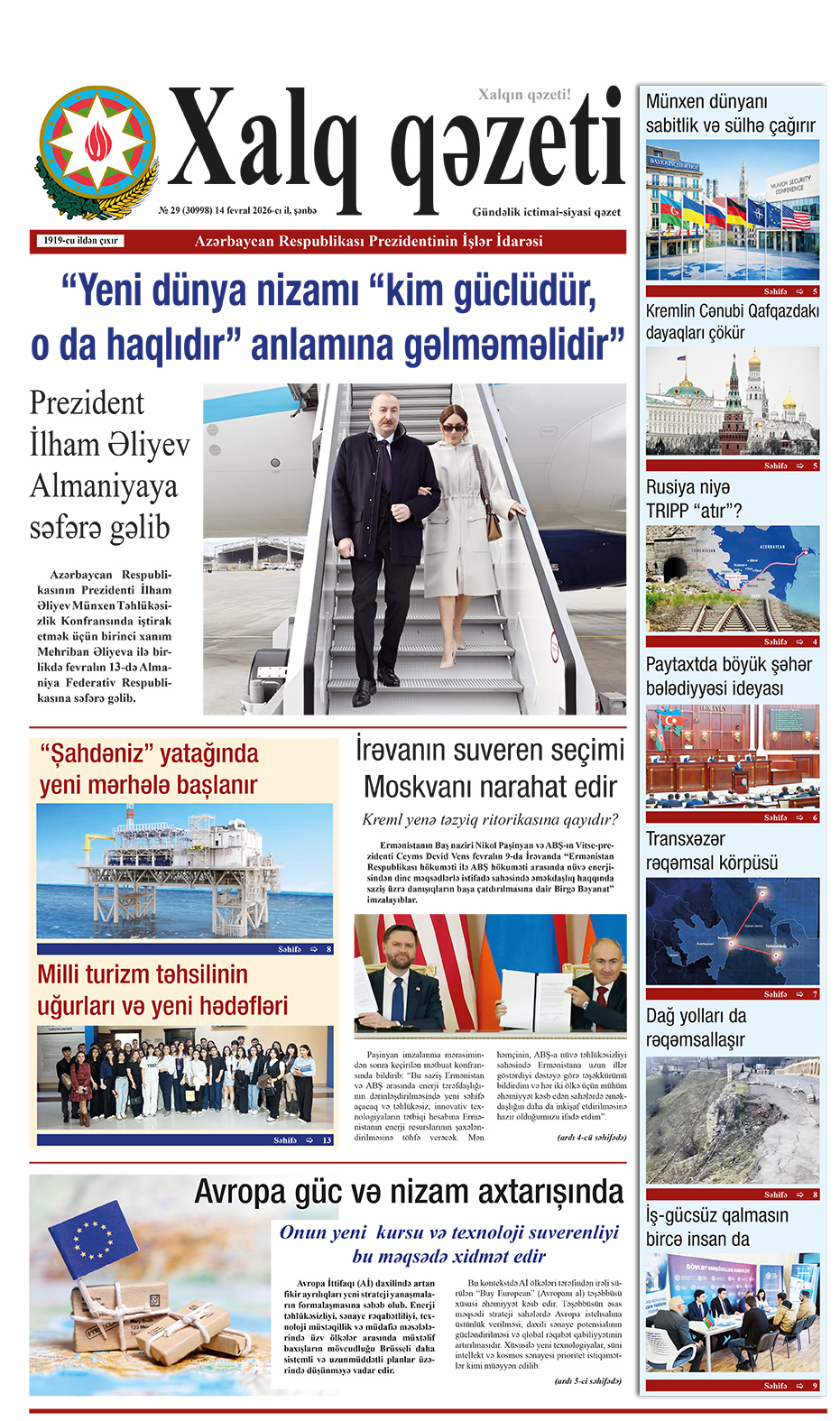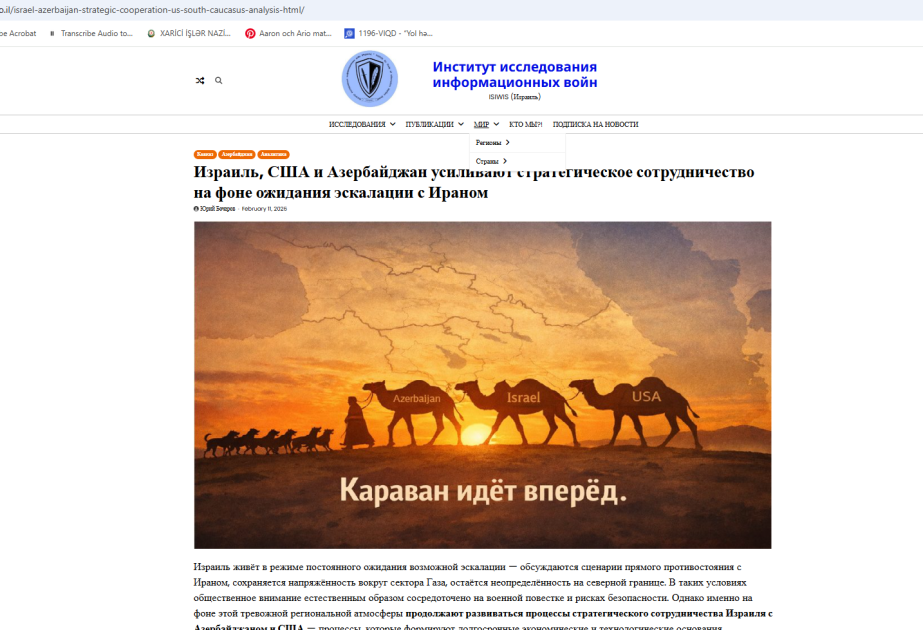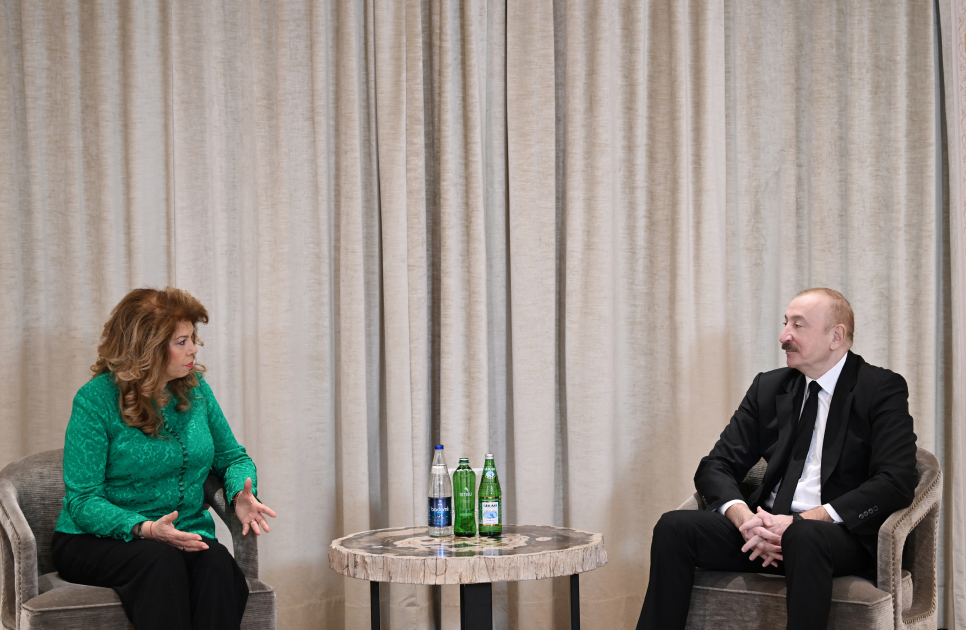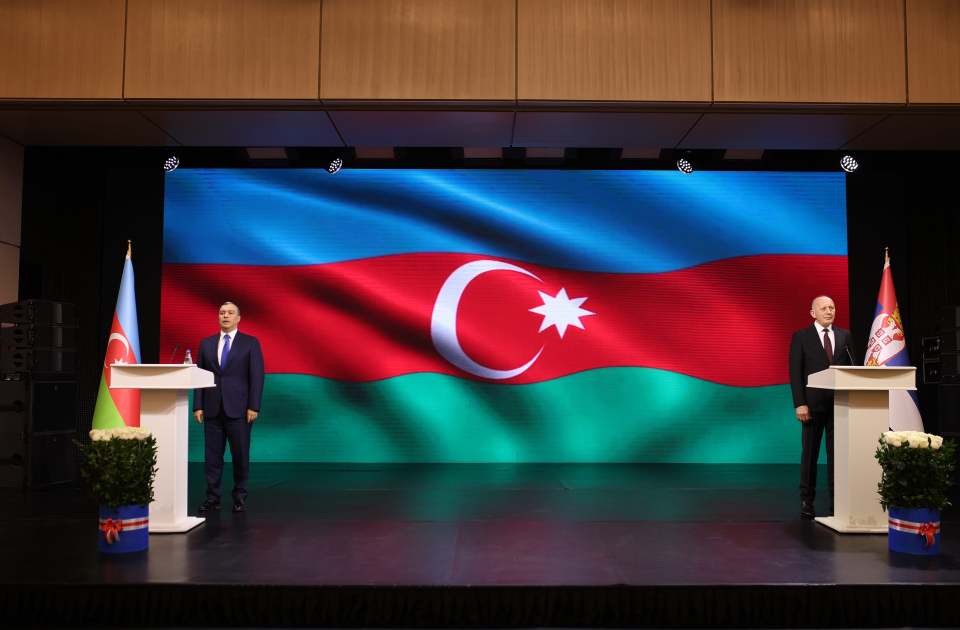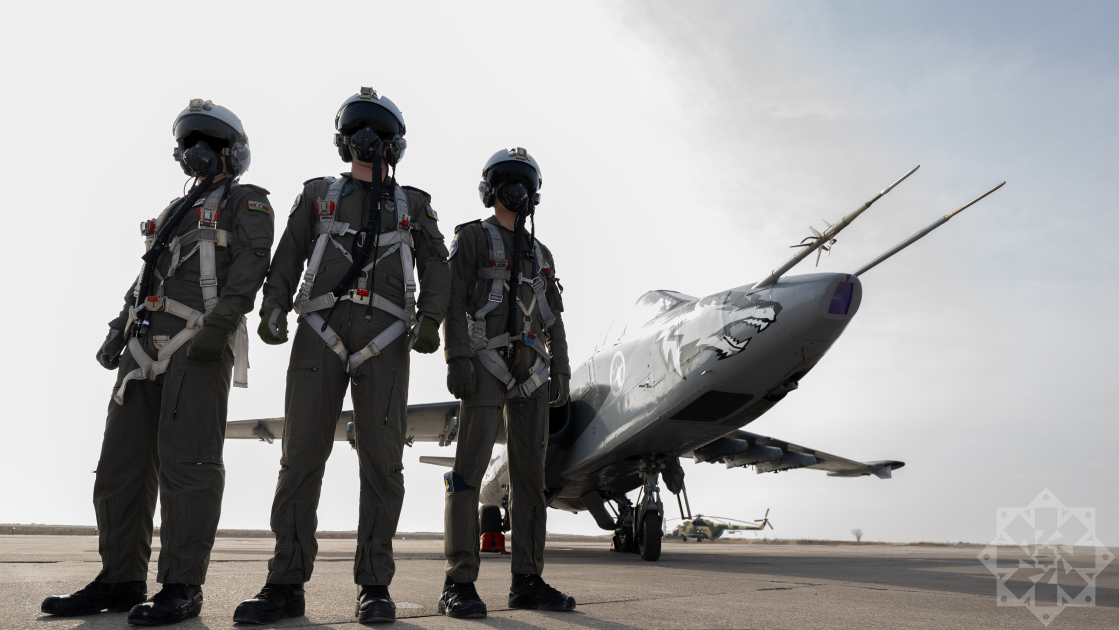Venezuela and Guyana agreed Thursday not to resort to force as they continued to seek a resolution to a longstanding dispute over the oil-rich Essequibo region, which both countries claim as their own, according to Anadolu Agency.
Following a summit held on the Caribbean island of St. Vincent and the Grenadines on Thursday, Venezuelan President Nicolas Maduro and his Guyanese counterpart Irfaan Ali “agreed that they will not directly or indirectly threaten or use force against each other under any circumstances, including those arising from any controversy existing between both states,” said a joint declaration that was read by Ralph Gonsalves, prime minister of Saint Vincent and the Grenadines.
Both countries also agreed that “any dispute between the two states will be resolved in accordance with international law.”
The statement noted Guyana’s commitment to the procedures of the International Court of Justice (ICJ) for the resolution of the border controversy while Venezuela denied its consent and indicated its lack of recognition of the ICJ and its jurisdiction in the border controversy.
The meeting between Maduro and Ali took place after months of escalating hostility that has raised fears of a potential conflict over the 160,000-square-kilometer (61,776-square-mile) Essequibo region, which constitutes two-thirds of Guyana’s territory.
The controversy escalated after Venezuela held a unilateral referendum on Dec. 3 to annex the region, and then the Maduro government ordered the settlement of a military division near the disputed area.
The two countries agreed to meet again in Brazil in the next three months “to consider any matter with implications for the territory in dispute” and create a joint commission to address the territorial spat.
Despite the agreements, earlier Thursday, Ali said he “made it very clear that Guyana has the right to exercise its sovereign right within its territorial space to approve of and facilitate any development, any investment, any partnership, any training, any collaboration, any cooperation, the issuing of any license and the granting of any concession within our territorial space and within our sovereign space.”


